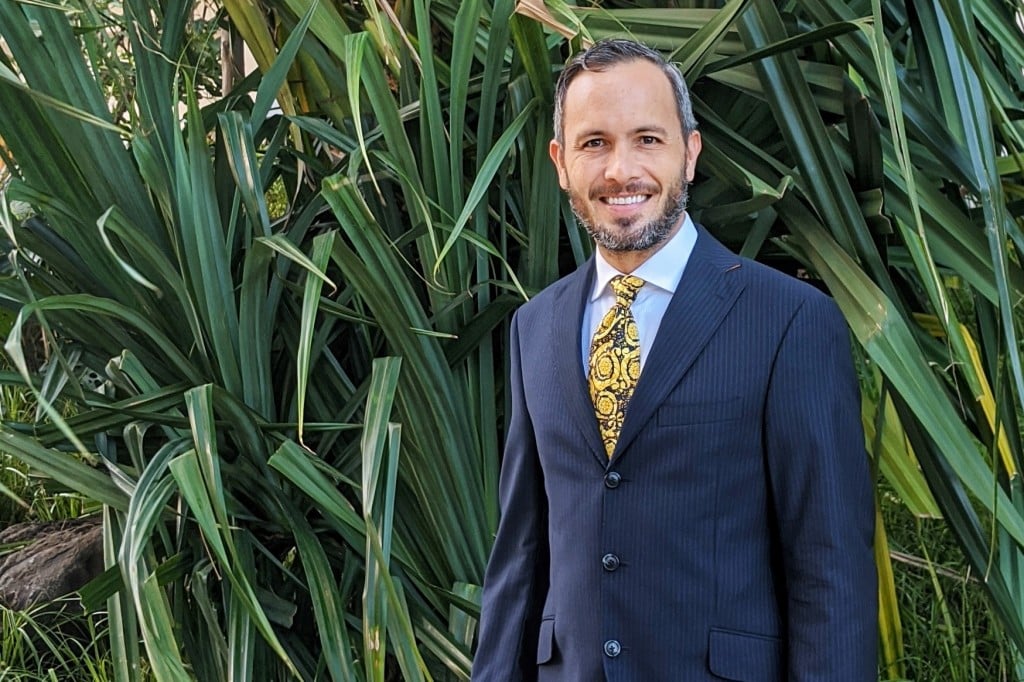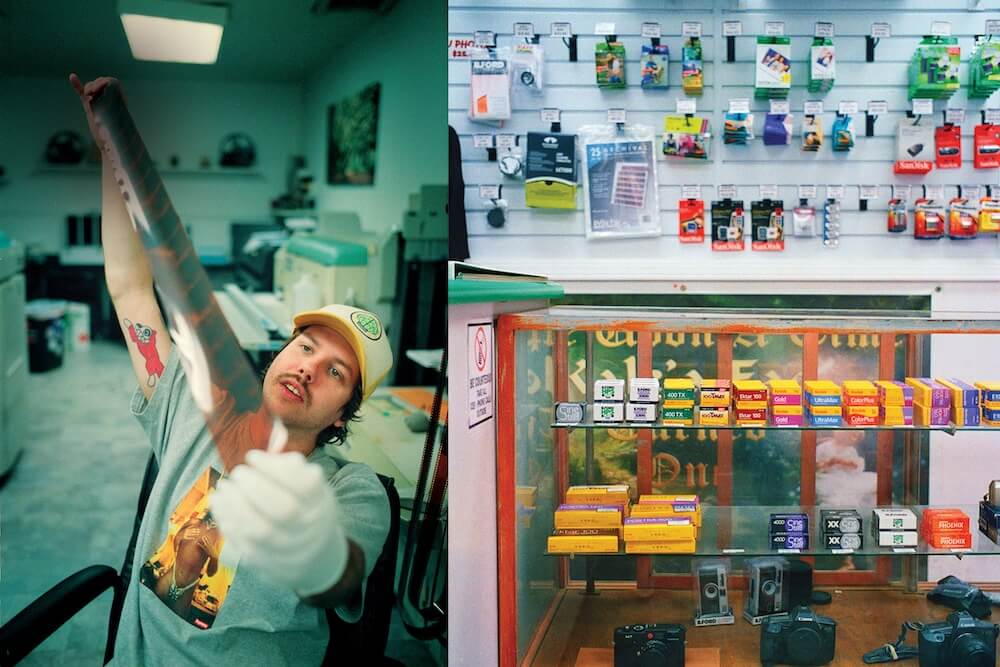Virtual Interview on COVID-19: J. Kainoa Tabar, Attorney at Law

What has been your company’s latest pivot or innovation?
With the increase of pressure on tenants and landlords caused by the pandemic and the moratorium on evictions, I have turned to helping manage relationships between landlords and tenants and supplying solutions to tenant defaults or landlord self-help actions, as well as guiding my construction company clients through this Covidian gauntlet. Given that the majority of Hawai‘i residents live paycheck to paycheck, we are going to see a spike in the number of tenant defaults in the coming months, and as there are very few attorneys who will represent tenants, I have gladly devoted more of my practice to these kinds of cases. I have recently attended further legal training on landlord-tenant law to stay on the cutting edge of developments in this area of litigation in our state and am assisting tenants who have wrongfully had eviction actions brought against them. In the area of construction law, I have advised many of my construction company clients on how to keep their contractual relationships intact, how to avoid breaches of contract and how to forge stronger relationships with their clientele.
What has been your company’s latest opportunity or opportunities?
Until COVID-19, I was one of the few attorneys who would represent tenants against landlords, and with the uptick in the number of landlord-tenant cases I have seen a corresponding increase in demand for my expertise. I never would have imagined that a pandemic would make my niche law practice a mainstream need, but that is the case. I am hoping that some of the measures taken by the Judiciary, the Legal Aid Society of Hawai‘i and Volunteer Legal Services Hawai‘i to support more of these cases by redirecting their resources will assuage the coming tide, but only time will tell.
How has your company’s experience been with any level of government during this crisis?
I am very proud of our Judiciary’s (and the Hawaii State Bar Association’s) response to the pandemic. In very short time, the chief judges and their staff had to contemplate the multifarious ways that COVID-19 would impact the provision of services to the public, and they met those considerations with very practical and thorough orders imposing an effective moratorium on eviction cases; requiring use of our online filing system (JEFS); calendaring other civil matters to after May; and implementing social distancing while servicing those cases that cannot wait until after the pandemic clears. New orders to address ever-changing circumstances were issued day by day and it has been a job to keep abreast of the changes. The Judiciary has made it easy by sending us notices anytime there is a change to the way the courts are conducting business and keeping open
In what ways do you think your business will be different at the end of this year?
If the steep rise in the number of calls I am receiving are indicative of the coming months, as defaults on leases continue to rise, I expect business to boom. I am not happy about the source of all the new business, but I am glad to serve them and help put this all behind us. I expect to continue my digital, solo practice and implement more online services to deliver the highest quality legal representation at a fraction of the cost of hiring a large firm.
What advice for other companies?
Stay flexible. One of the great things about doing business in this digital age as a solo practitioner is I am free to change direction on a dime and service my clients wherever I or they may be. Three years ago, when I began my solo practice, I decided to go all-digital. I couldn’t have foreseen how valuable that decision would be in these times when face-to-face meetings are not feasible. For myself, being flexible to meet my clients where they are has meant I have been able to service an extraordinary amount of landlord-tenant cases and construction companies who are facing legal issues. For other legal businesses, flexibility may mean moving more of their employees to work remotely from home and rapidly restructuring their firm’s practice areas to meet the demands of the post-COVID-19 market.





